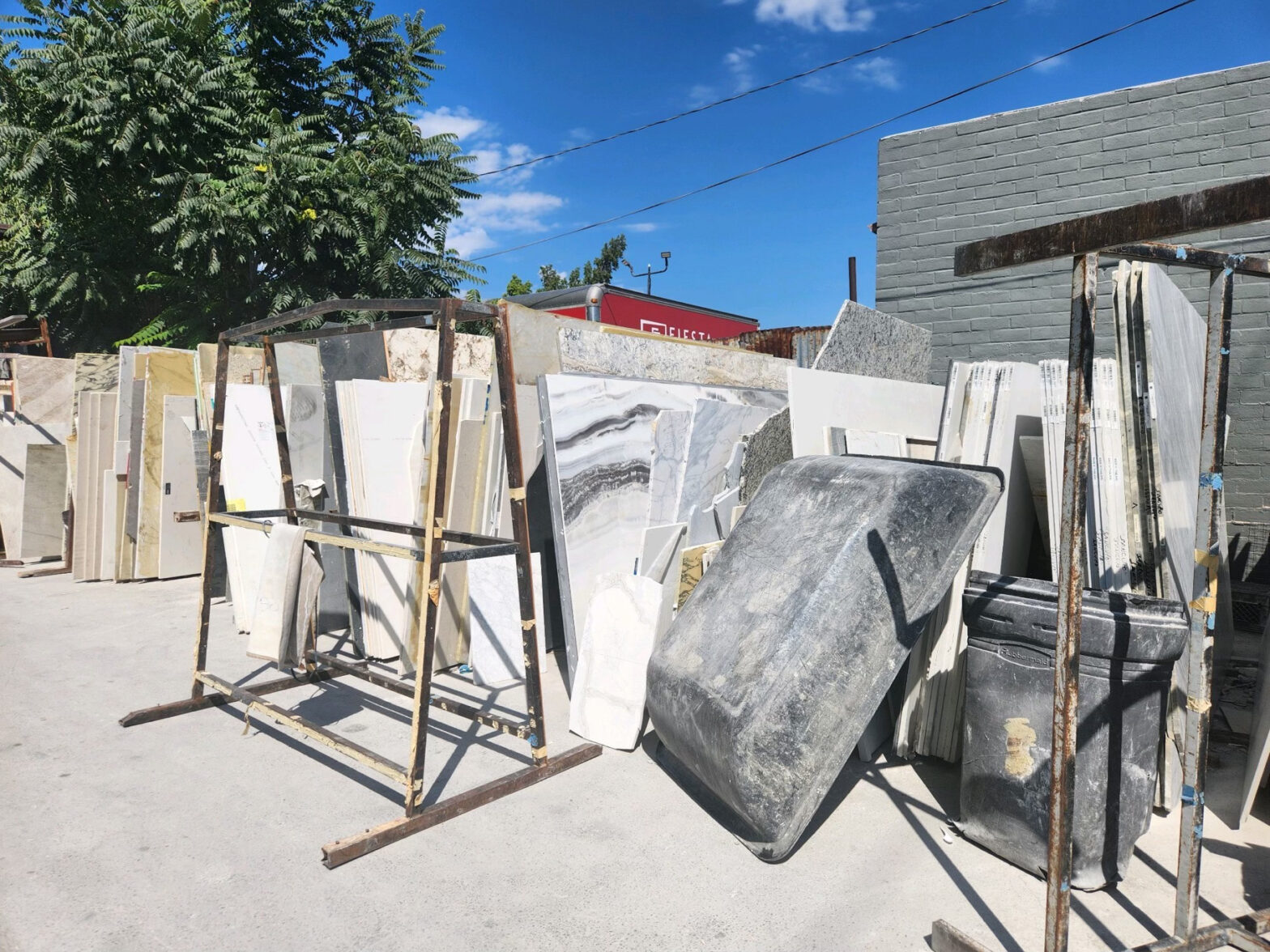State Senator Caroline Menjivar is following in the footsteps of Congresswoman-elect Luz Rivas and leading the effort to protect California stone workers from contracting silicosis, a fatal, long-term lung disease caused by inhaling silica dust, a mineral found in certain stones will, stones, sand and clay.
On Monday, December 2, Menjivar introduced Senate Bill 20 – Silicosis Training, Outreach, and Prevention (STOP) Act – which aims to protect workers in the stone cutting and processing industries from the harmful and potentially fatal effects of exposure to protect against silicosis in the workplace quartz dust.
During her term as an MP, Rivas has done much to raise awareness for people suffering from silicosis. However, last year, despite her efforts, Rivas withdrew Assembly Bill (AB) 3043, the Silicosis Prevention Act, knowing she would not receive the support to pass it in time due to administration opposition.
While Rivas is leaving the state Assembly after successfully running for the House of Representatives position for the 29th Congressional District, Menjivar is entering the state Senate to lead the fight against silicosis in California.
“By adopting the common sense standards and precautions outlined in SB 20, California can once again lead the nation in workplace safety by establishing robust protections for stone masons and stone processing workers in my district and across the state,” Menjivar said.
A 2023 report from the Los Angeles County Department of Public Health (LACDPH) found that the San Fernando Valley is “ground zero for silicosis cases.” Olive View-UCLA Medical Center in Sylmar has treated over 50 patients for silicosis.
“The people of Burbank, the City of San Fernando and the San Fernando Valley are demanding a STOP to this completely preventable disease that is affecting their fathers, husbands, sons and neighbors,” Menjivar said. “Shameful industry practices neglect worker protection or education about safety standards, exploit those who cannot afford to leave their jobs, and place an undue burden on our local health centers and hospitals.”
Between July and December 2023, the Occupational Health Branch (OHB) of the California Department of Public Health (CDPH) reported a 92% increase in silicosis cases statewide.
The 2024 LACDPH report highlighted the increasing severity of the public health crisis, citing OHB findings. As of August 21, there are: 176 cases of silicosis in California, 105 of which have been reported in LA County; 13 known silicosis-related deaths statewide; and 19 stonemasons and factory workers who received lung transplants.
The STOP Act proposes to require CDPH to: implement a training program on best practices related to manufacturing activities; develop a certification process for manufacturing operations; Start issuing three-year certificates to manufacturing operations that meet CDPH requirements. and create and maintain a public database and tracking system that shows which manufacturing facilities comply with California Occupational Safety and Health Administration (Cal/OSHA) safety standards and their certification status.
SB 20 is based on recommendations from LACDPH, CDPH, Cal/OSHA and community organizations in LA that reach out to workers, promote safety education and observe firsthand the unsafe working conditions in stone masonry and stone processing plants.
“IDEPSCA has been doing outreach and education throughout Los Angeles County for about a year and we are meeting immigrant fathers, husbands and brothers who were once young heads of families and are slowly dying while walking around with oxygen tanks and waiting for lung transplants,” said Maegan Ortiz, Managing Director, IDEPSCA. “We urgently need solutions that take a holistic look at the impact of silicosis on workers. We cannot allow business interests to crowd out human influence.”
Cal/OSHA will soon approve converting their current temporary emergency standards to permanent standards. However, Menjivar introduced the bill because she believes the severity and catastrophic impact of the problem requires stronger and more decisive legislative action.
Menjivar said her team is taking a strategic approach to advancing the legislation to ensure its success, adding that they have spoken with Rivas and the stakeholders who supported the previous bill.
“It won’t die this time,” Menjivar said. “And we will persist in doing so.”
